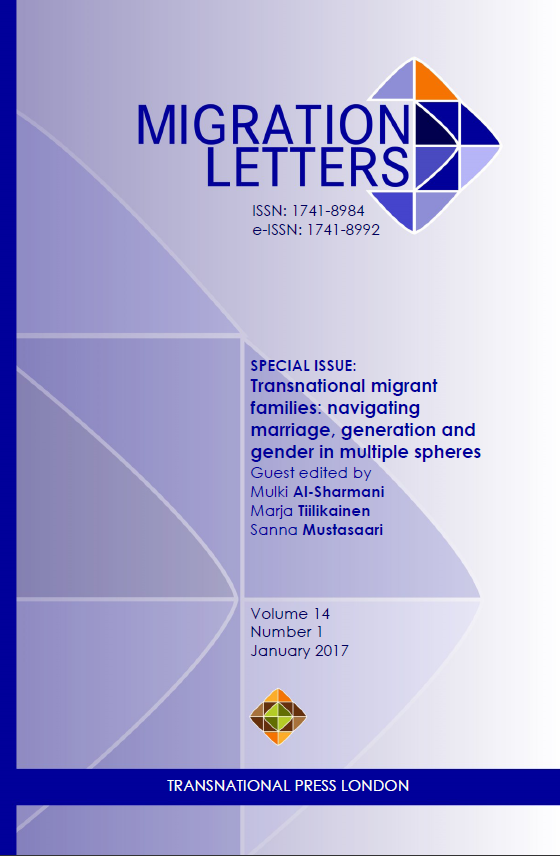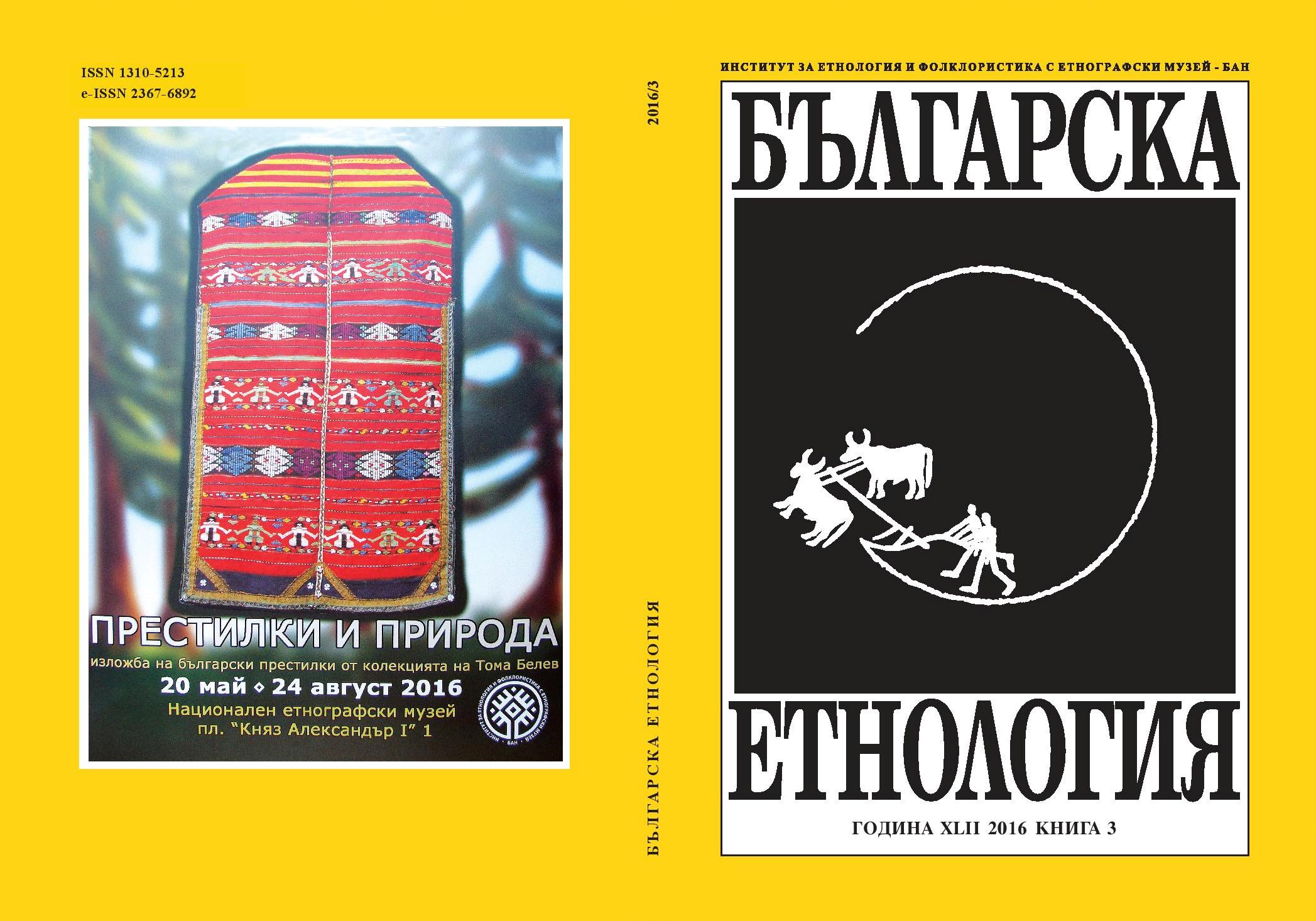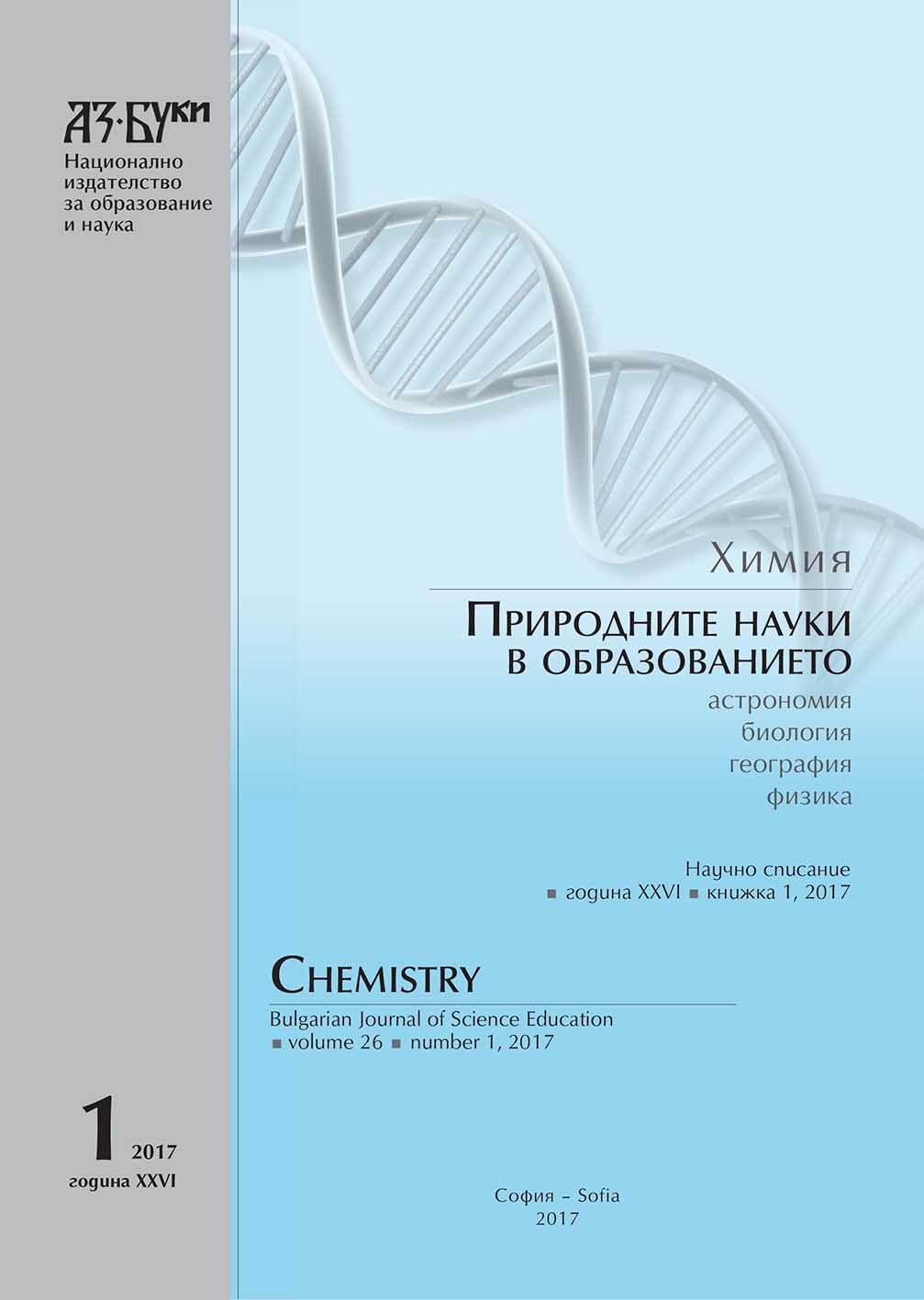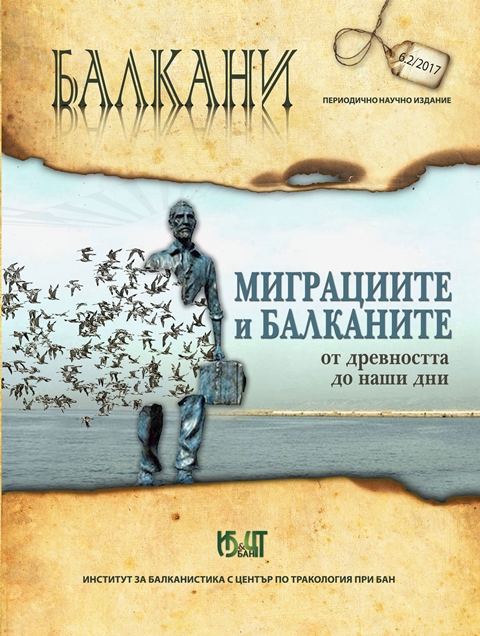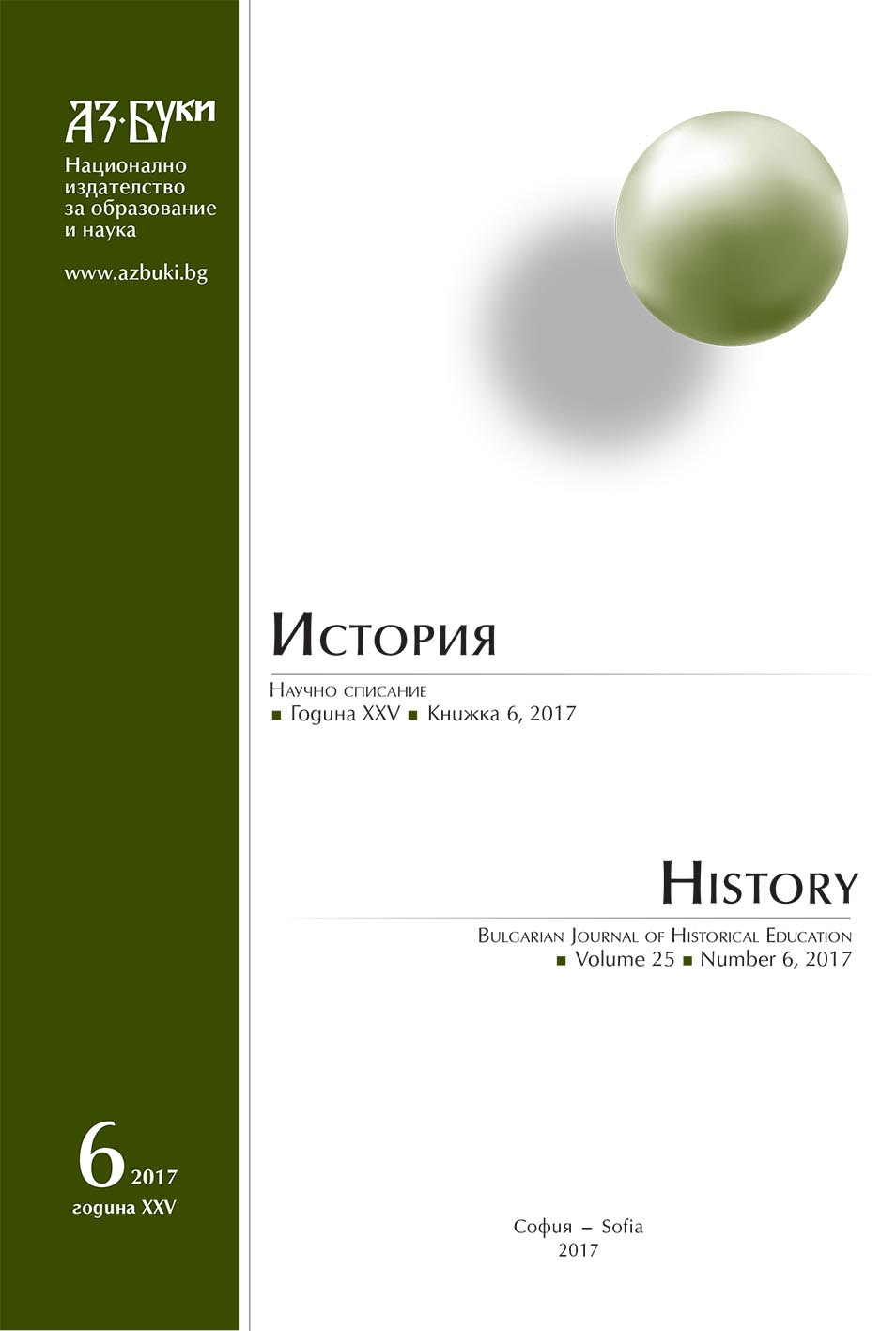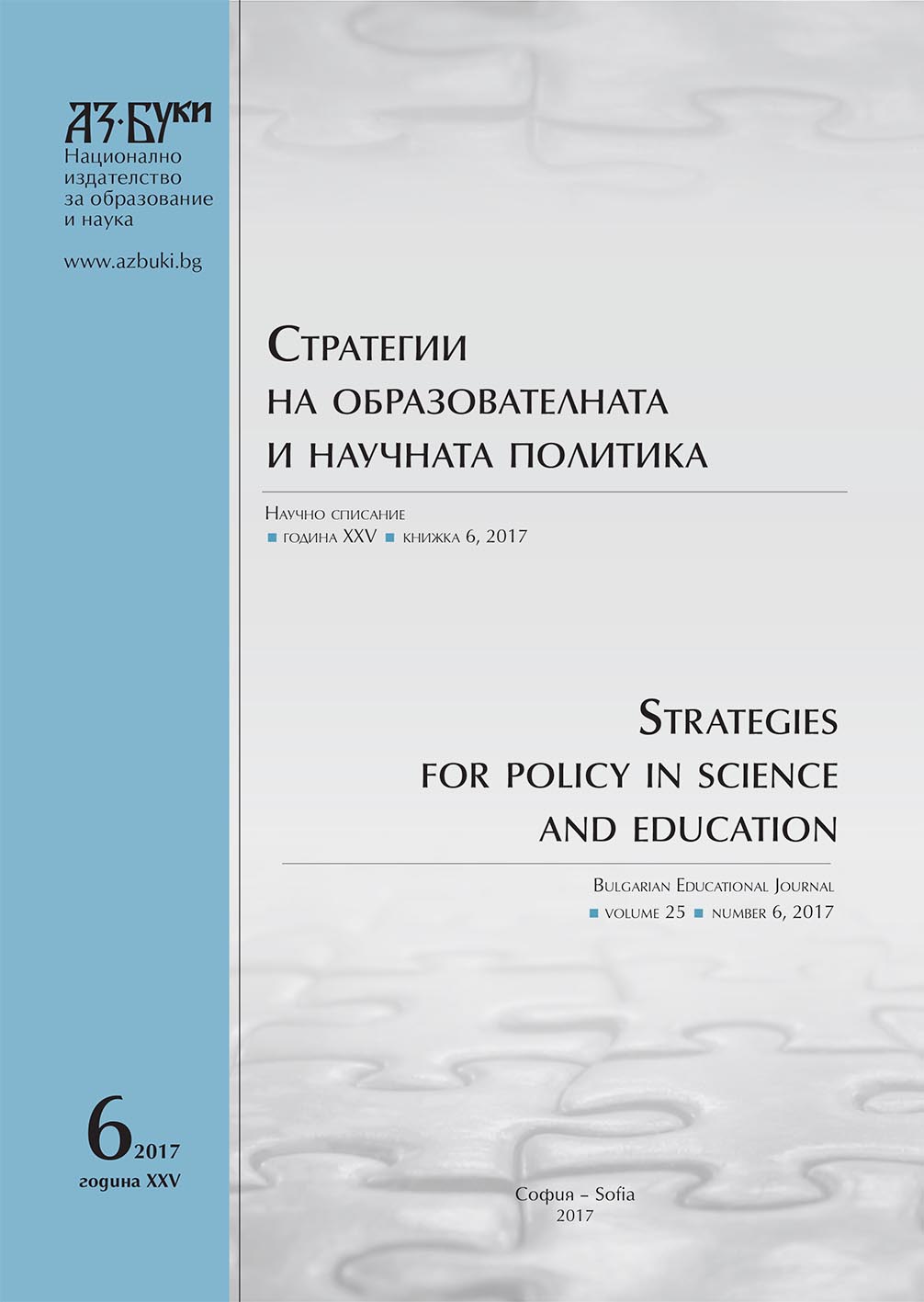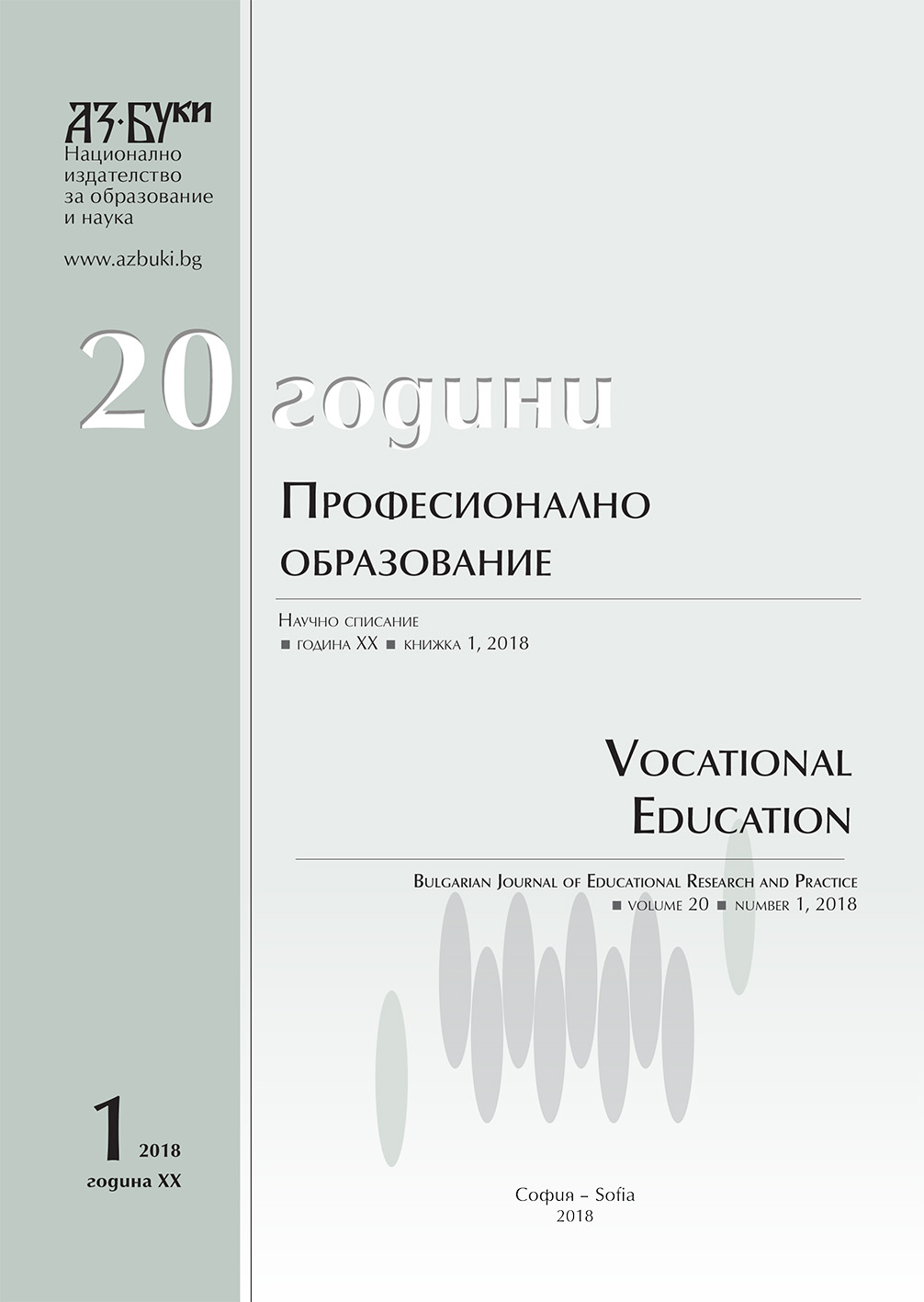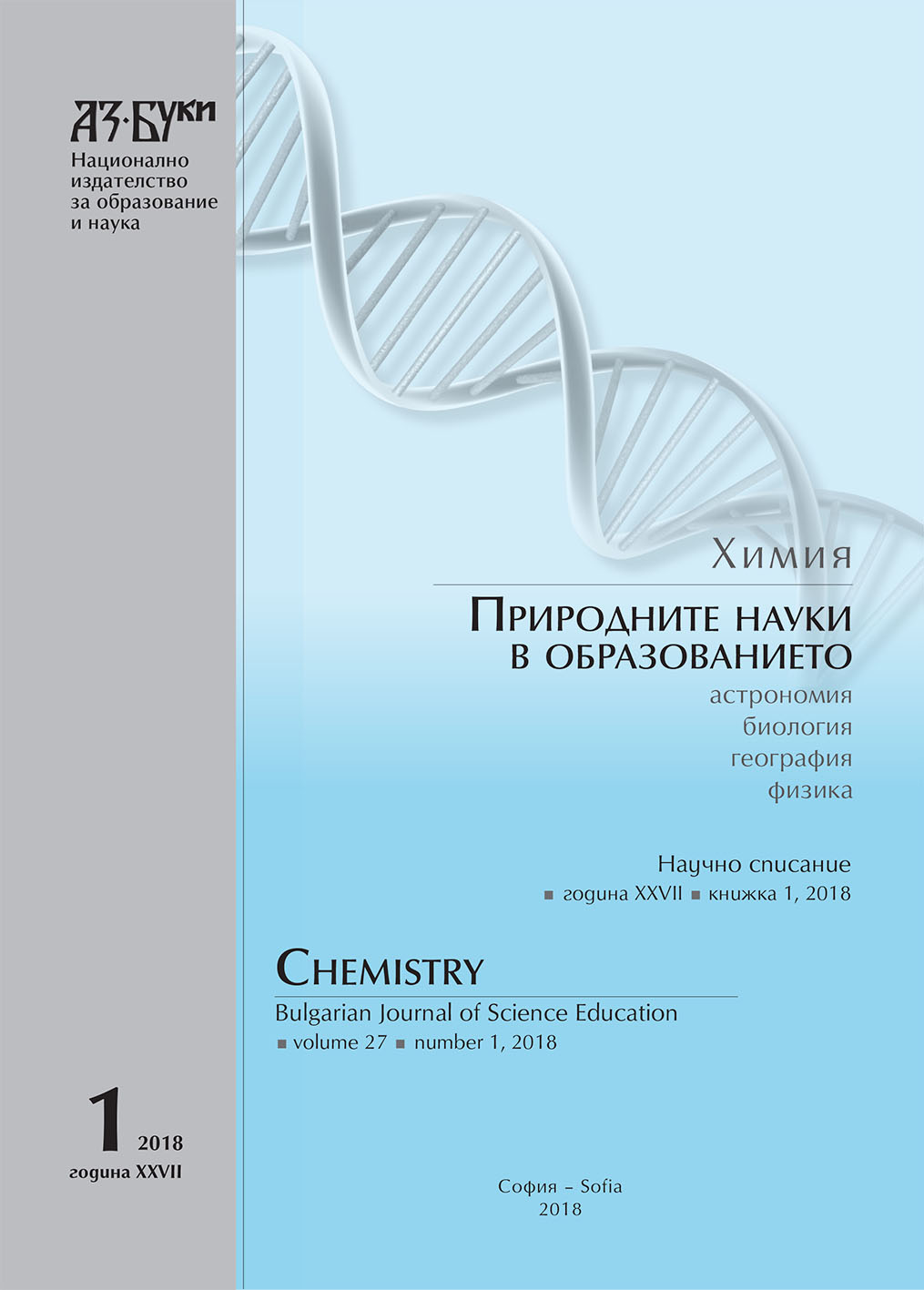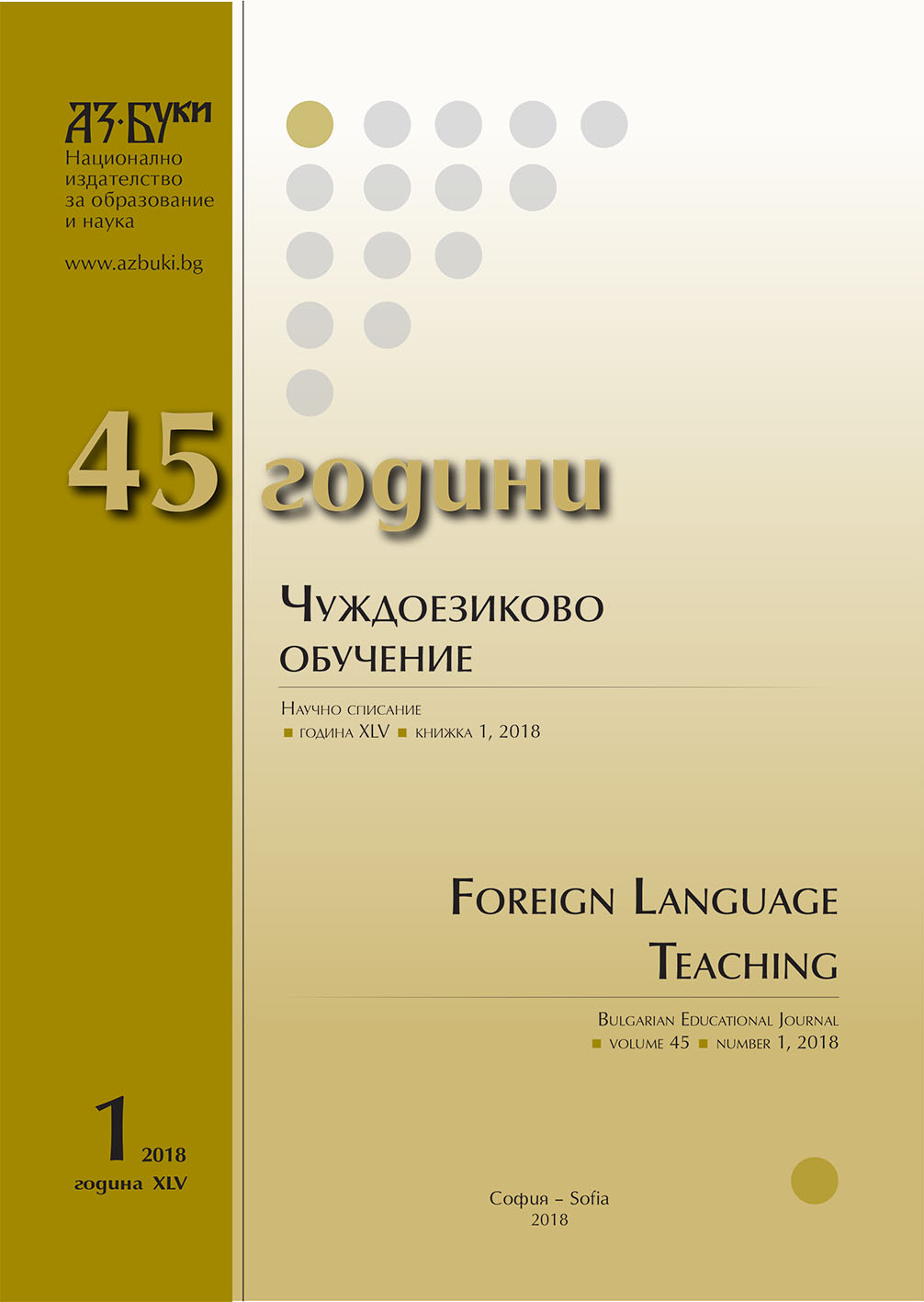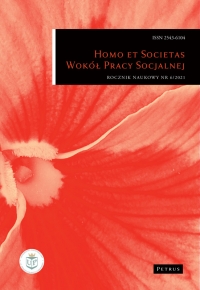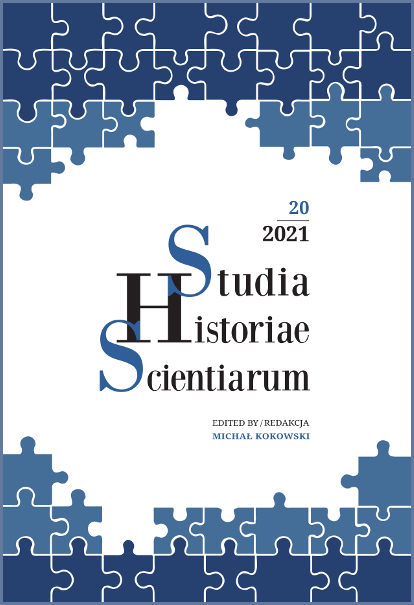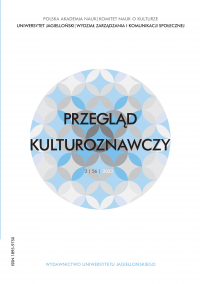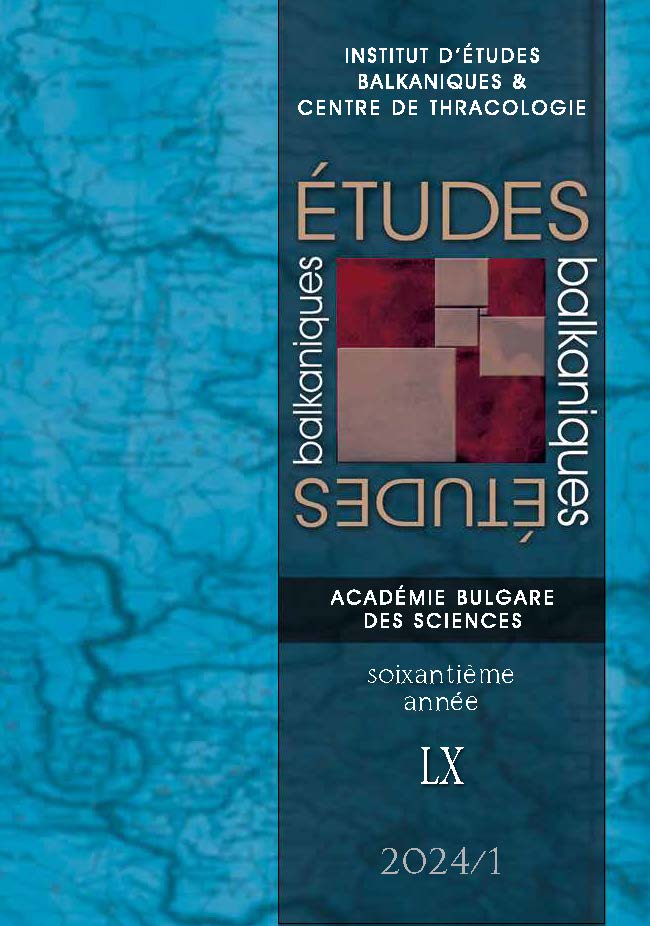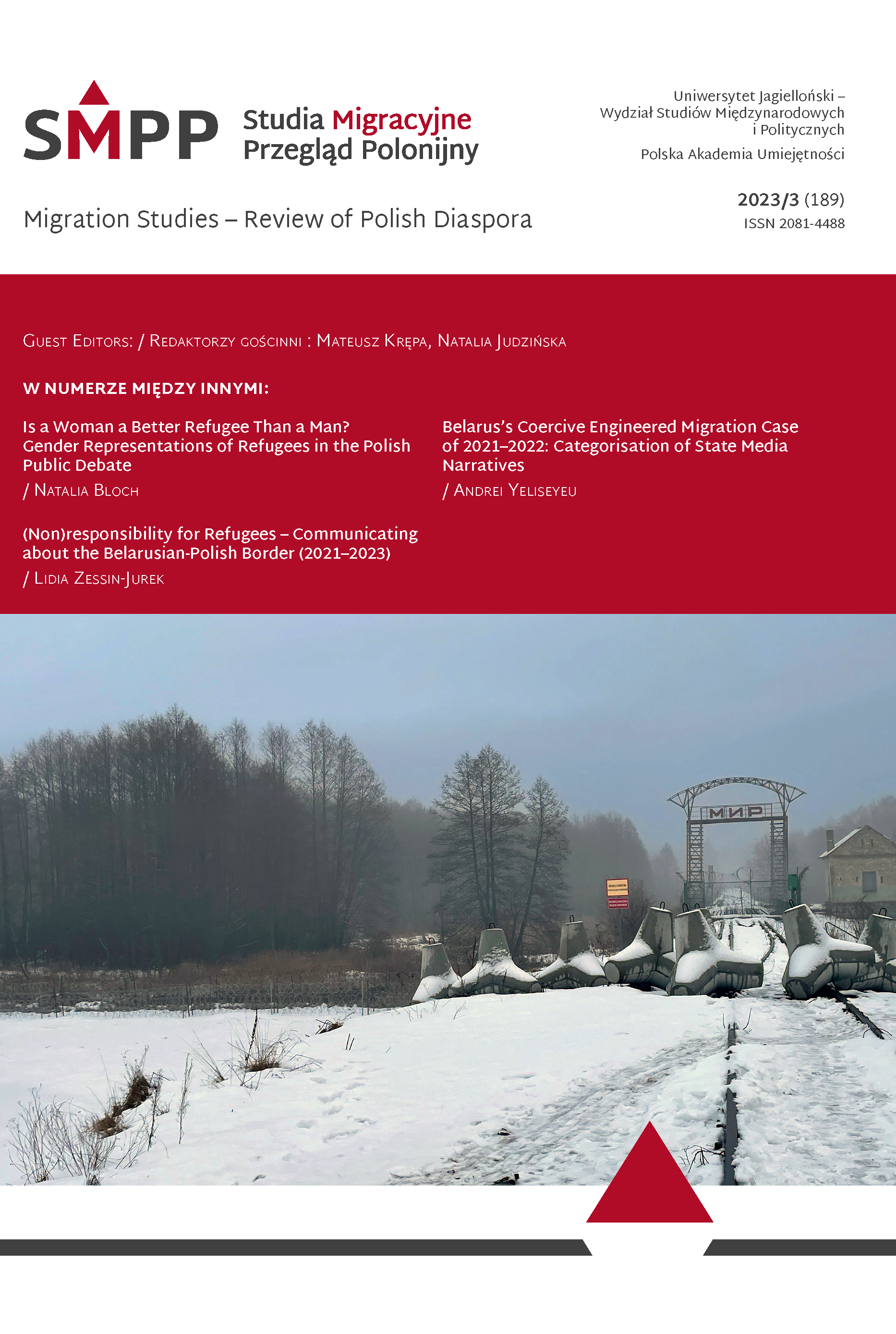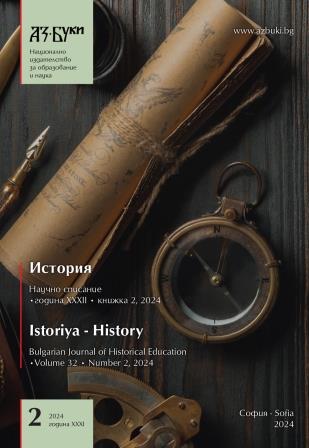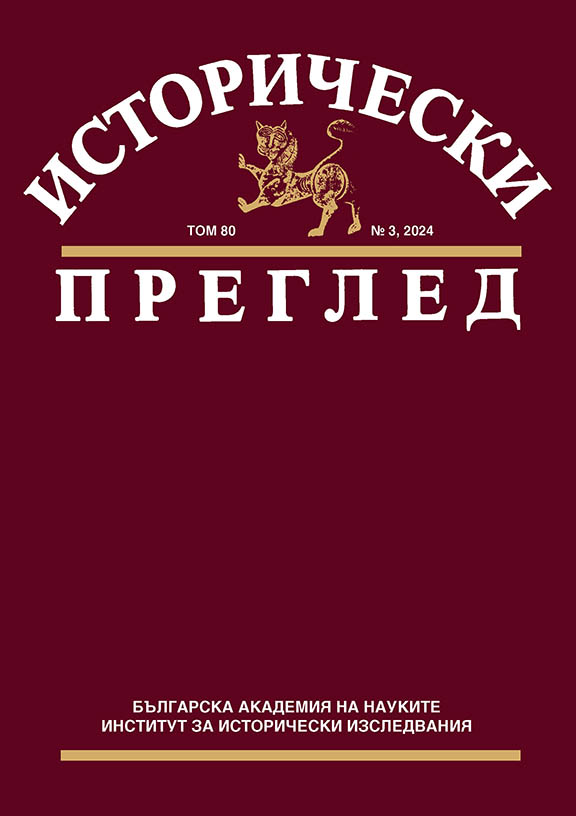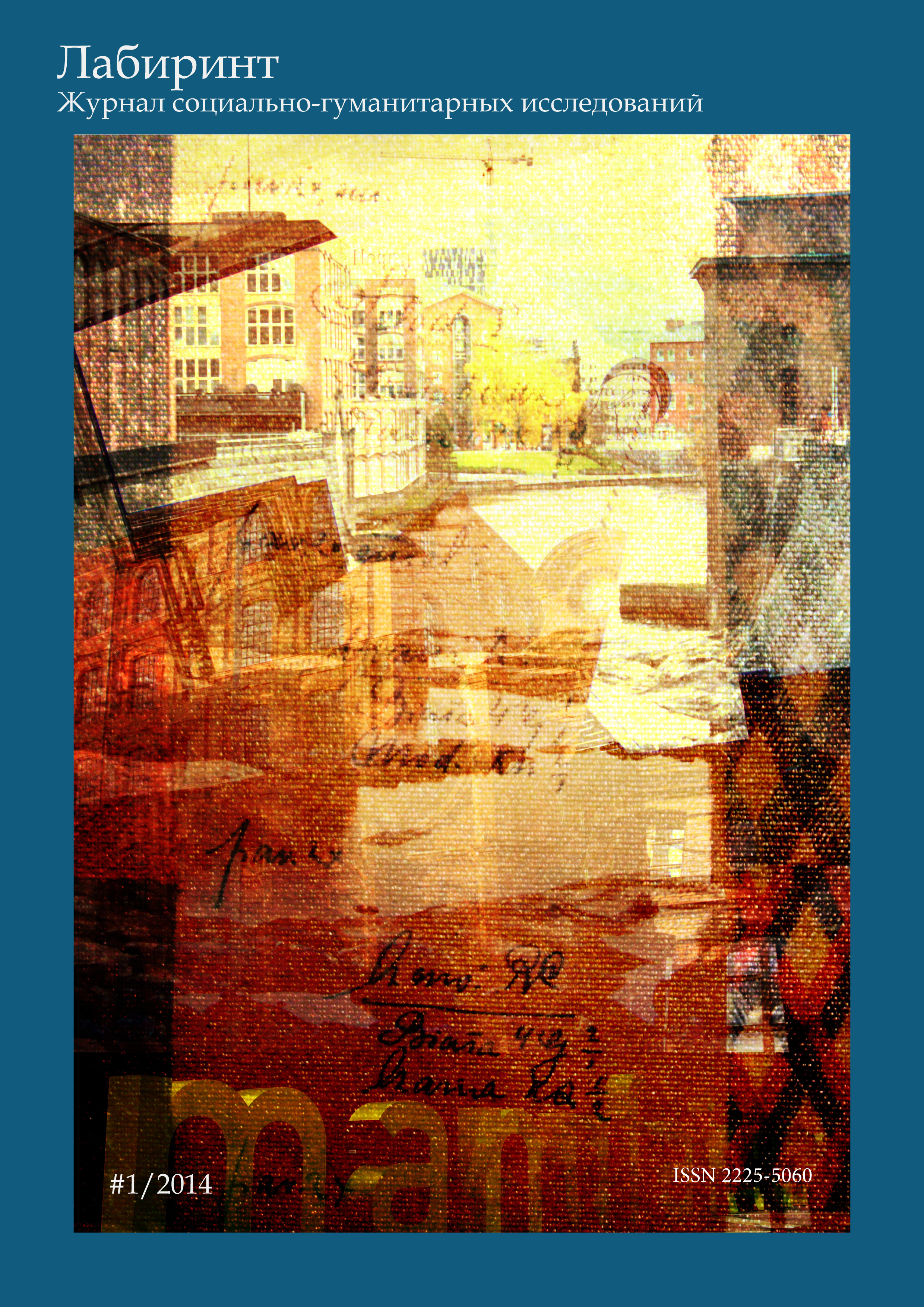
ИНДУСТРИАЛЬНОЕ РАЗВИТИЕ И ОБРАЗОВАТЕЛЬНОЕ ПРОСТРАНСТВО ПРОВИНЦИАЛЬНОГО ГОРОДА В КОНЦЕ XIX – НАЧАЛЕ XX В. (НА ПРИМЕРЕ ИВАНОВО-ВОЗНЕСЕНСКА)
The article is devoted to the features of Ivanovo- Voznesensk industrial development at the turn of the 20th century. It was one of the biggest industrial centers in pre revolutionary Russia. The problem and potential analysis of the local textile industry is made. Also it was studied in the connection with Ivanovo- Voznesensk professional schools activities research. Ivanovo-Voznesensk had more professional schools than contiguous cities.
More...
